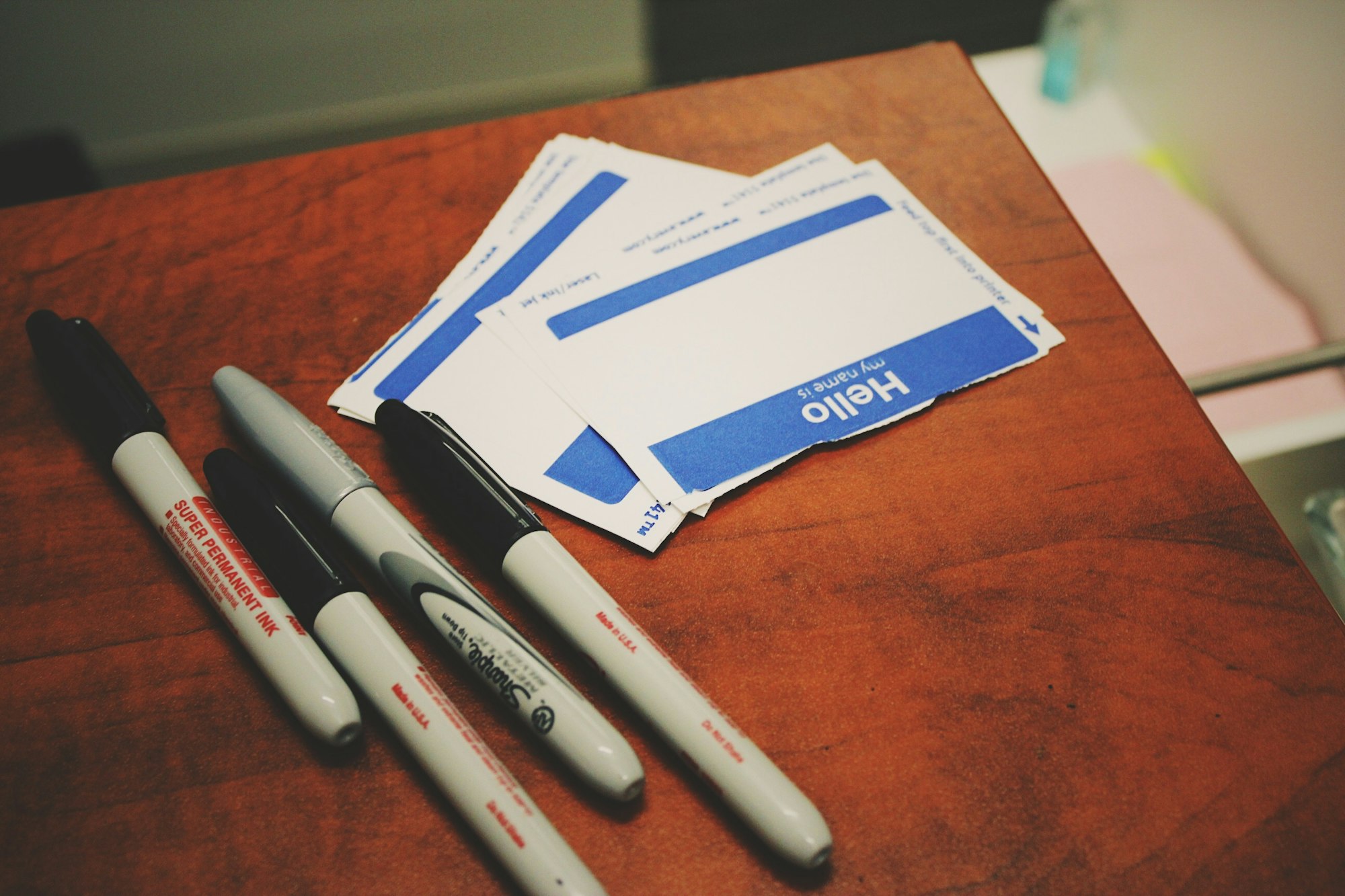A couple of years ago, I met a woman at a party who I got interested in. At the time, she’d just come out of a four-year relationship and was not particularly interested in dating anyone new. She told me that she enjoyed spending time with me, but that she didn’t know what exactly she wanted, or if she wanted anything at all.
“Think of this as a car,” I said, trying to convince her to go out with me. “I can control the steering-wheel, and you can control the accelerator and breaks.”
The idea being that since I do know what I want, I can steer us towards that. And she can control how fast or slow we get there. And if at any point she chooses, she can simply apply the breaks and exit the car.
In The Age of Surveillance Capitalism, Shoshana Zuboff asks the question (with regards to our personal data on the Internet):
Who knows? Who decides? Who decides who decides?
The first is about knowledge distribution. Who has access to the information, and who does not? Google and Facebook and Amazon have all the data on you, but do you have access to all your data?
The second is about authority. Who decides whether or not you can have access to your data? Who decides which parts of that data is available to whom?
And the third is about power and the legitimacy of that power. What gives that authority the legitimacy to wield their decision power?
In an ideal world, we own all our data. We have access to all of our information and we can do as we please with it. The government gets to decide who can have access to said data, and the legitimacy of the government’s power is us. We give the government its power, and thus keep it in check. It’s a circle.
What’s happening now is that the Internet companies know all about us. And the internet companies decide what we get to know about ourselves. And it’s the competition between the internet companies that decides which of them ultimately decides.
In pretty much all caste systems around the world -- from Mumbai all the way to Alabama -- there are groups of people who are considered the custodians of knowledge. They and their kind are expected to know things, and are encouraged to learn more. There are of course also groups that are explicitly prohibited from going anywhere near the domain of knowledge.
As internet companies silo us more deeply into our own echo-chambers -- only seeing things that we agree with and things that agree with our views -- how do we learn about the multiplicity of the world outside of us? How do we know about the other side and the other other side?
In Winners Take All, Anand Giridharadas wrote critically about writers and thought leaders who make most of their money directly or indirectly through their speaking engagements on stages like TED and The Aspen Institute. This, of course, is a group that Anand is also a part of.
His argument, basically, is that if your livelihood is based on being called in to big corporations and organisations that get their funding from billionaire philanthropists to give talks, then your talks cannot be directly critical of those big corporations and their billionaire funders.
So you find yourself sanding-off the edges and using softer words. Poverty, instead of Inequality. You ask some people to speak up, instead of telling other people to shut up and listen.
The whole thought-leader speaking circuit -- with their TED Talks and best-selling books -- encourage the idea of win-win situations. Because win-win is non-confrontational. Win-win means that the people in power never have to give up anything.
But here's the thing, some of the biggest problems we are facing right now don't have win-win solutions. The fossil fuel industry will have to lose for the planet to win. Rich kids have to lose their legacy admissions for poorer students to get access. And men have to lose some of their power, for women to gain some.
There will definitely have to be fewer male supreme court justices -- for example -- for there to be more women.
Something Dan Savage has said in one of his podcast episodes is that some straight men hate to be thought of as being gay or effeminate because they’re afraid that people will then treat them the way they treat women.
Much in the same way, people who are afraid of losing power are afraid because they don't want to be treated like people without power. Which is a completely rational reaction. Being without power is undesirable, and part of why it’s undesirable is because the powerless are silenced. Not necessarily because they can’t speak, but because when they do -- unless they’re saying things that the people in power actually want to hear -- their voices go unheard.
People in power are afraid of losing it because they don’t currently listen to the people around them who don’t have power.
The woman from the party and I dated very briefly before ending in a very messy and dramatic break-up.
Afterwards, I was telling the story to a friend of mine, and he pointed out that two people cannot drive the same car at the same time.
“It would be terribly inefficient,” he observed, “and would most certainly lead to catastrophic accidents”.
Only one person at a time can be in the driver’s seat -- steering wheel, brakes, and all -- but for the driver to be legitimate, the person in the passenger’s seat has to trust that if they were to communicate any of their needs and concerns to the driver, the driver would listen and consider whatever they say seriously.
Power is only legitimate if everyone has a voice.




